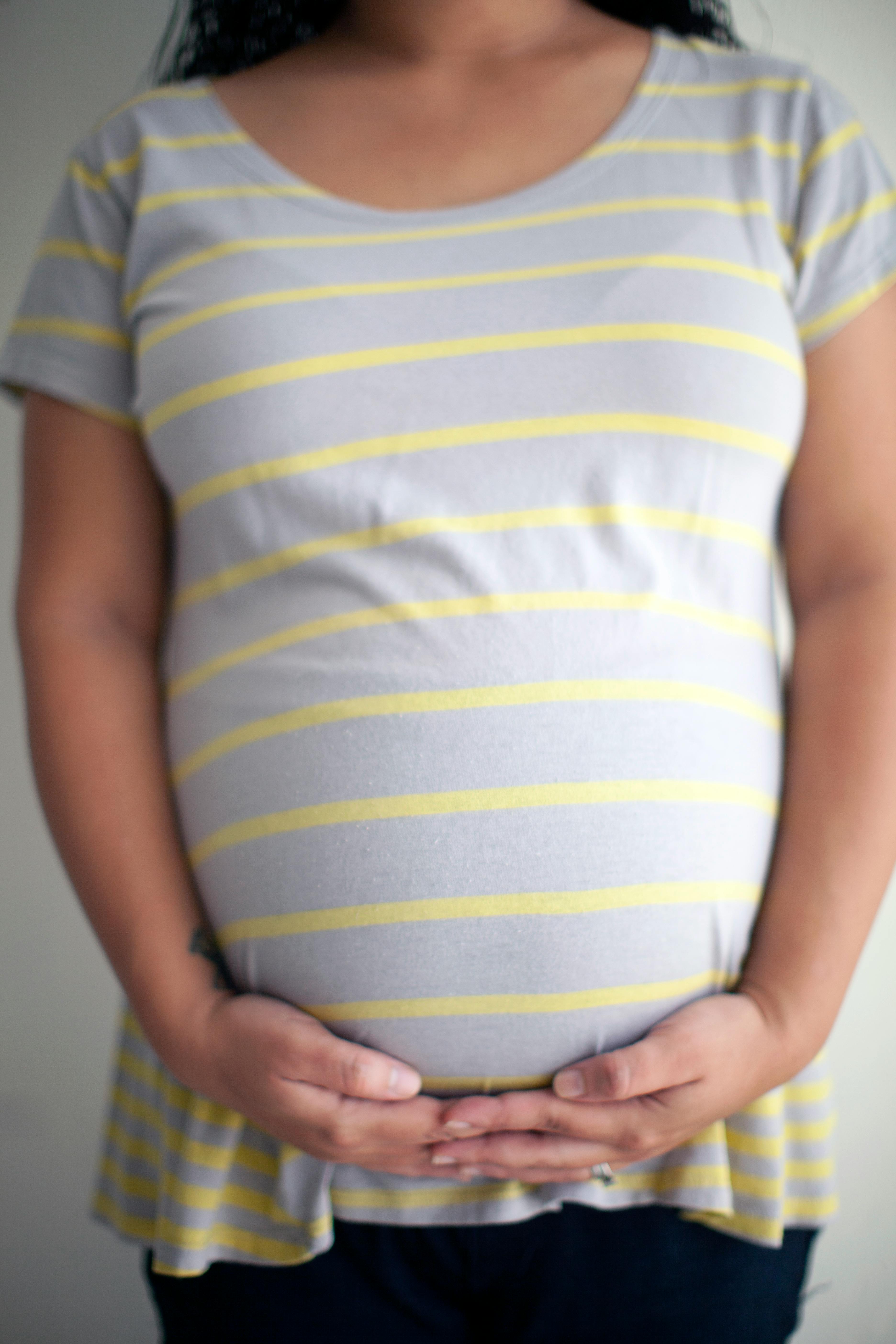Understanding Physical and Emotional Changes During Pregnancy: A Comprehensive Guide

Welcoming a new life into the world is an exciting time for anyone. Pregnancy is a beautiful journey filled with many ups and downs, physically and emotionally. It is crucial for all moms-to-be to understand and prepare for these changes. Hence, this comprehensive guide, "Understanding Physical and Emotional Changes During Pregnancy," is designed to provide key insights into what one can expect during this period.
Physical Changes During Pregnancy
An expecting mother experiences numerous physical changes during pregnancy to accommodate the growing baby. These changes vary from woman to woman, with some experiencing more dramatic changes than others. Let’s delve deeper into some of the common physical changes women typically experience.
The Belly and Breasts Grow
One of the first noticeable physical changes is the enlargement of the abdomen or belly. The size of the abdomen increases progressively as the fetus grows and needs more room. Along with the abdomen, the breasts also increase in size and tenderness in preparation for breastfeeding.
Nausea and Frequent Urination
These symptoms are also common. Morning sickness, characterized by nausea and vomiting, particularly in the morning, is caused due to increased hormone levels. As the uterus grows, the pressure on the bladder also increases, which results in frequent urination.
Changes in Weight and Appetite
Weight gain is another telltale sign of pregnancy. As the baby grows, the mother’s weight increases. The weight gain varies from one individual to another and is also dependent on multiple pregnancies (twins, triples, etc.). Pregnancy can also alter a woman's taste for food and her appetite.
Emotional Changes During Pregnancy
While physical changes are more apparent during pregnancy, emotional changes are just as significant. Women undergo various emotional fluctuations due to hormonal changes during this period.
Mood Swings
One of the major emotional changes is unpredictable mood swings. The hormonal changes can cause women to feel happy one minute and then suddenly switch to feeling overwhelmed, sad, or irritable.
Anxiety and Depression
Pregnancy can bring about increased anxiety levels, especially for first-time mothers with concerns about childbirth and the responsibilities that lie ahead. Furthermore, many women also experience depression during pregnancy, which can be due to the alterations in body image, previous experiences with miscarriages, or a lack of support.
Excitement and Joy
On the brighter side, pregnancy often brings overwhelming joy and excitement. The anticipation of meeting the baby and becoming a mother or adding to the family can fill the heart with immense happiness.
Coping with Changes During Pregnancy
Understanding and accepting these changes is the first step towards effectively coping with them. Here are a few strategies to keep in mind:
Prenatal Care and Regular Check-ups
Regular prenatal check-ups and care are crucial for monitoring the health of both mother and baby. This can also alleviate worries or fears related to pregnancy and childbirth.
Healthy Lifestyle
Maintaining a healthy lifestyle significantly impacts one’s pregnancy experience. This includes balanced nutrition, regular exercise, adequate rest, and staying hydrated.
Emotional Support
Having a support system in place is essential. Surrounding oneself with understanding family or friends can provide immense emotional support. Professional support, such as counseling, can also be incredibly beneficial.
Conclusion
Pregnancy is a unique life-changing experience that necessitates adaptability to various physical and emotional changes. Knowing what to expect and how to cope with these changes can make this life journey more endurable and enjoyable. Never hesitate to seek help from healthcare providers or support groups if needed. After all, taking care of yourself is the first step towards taking care of your baby.





